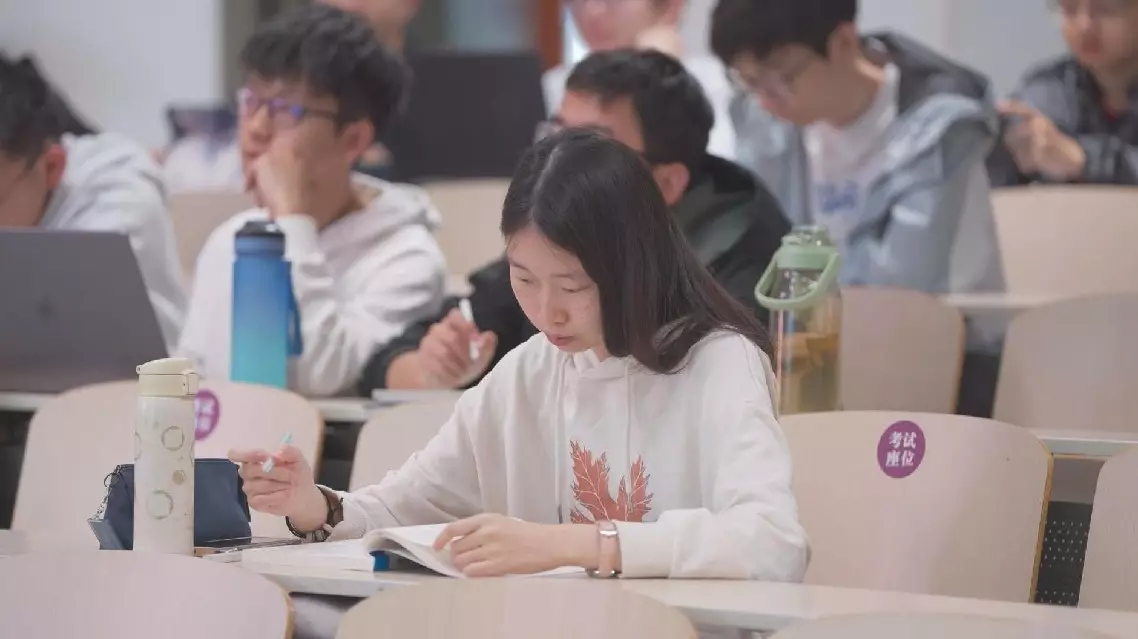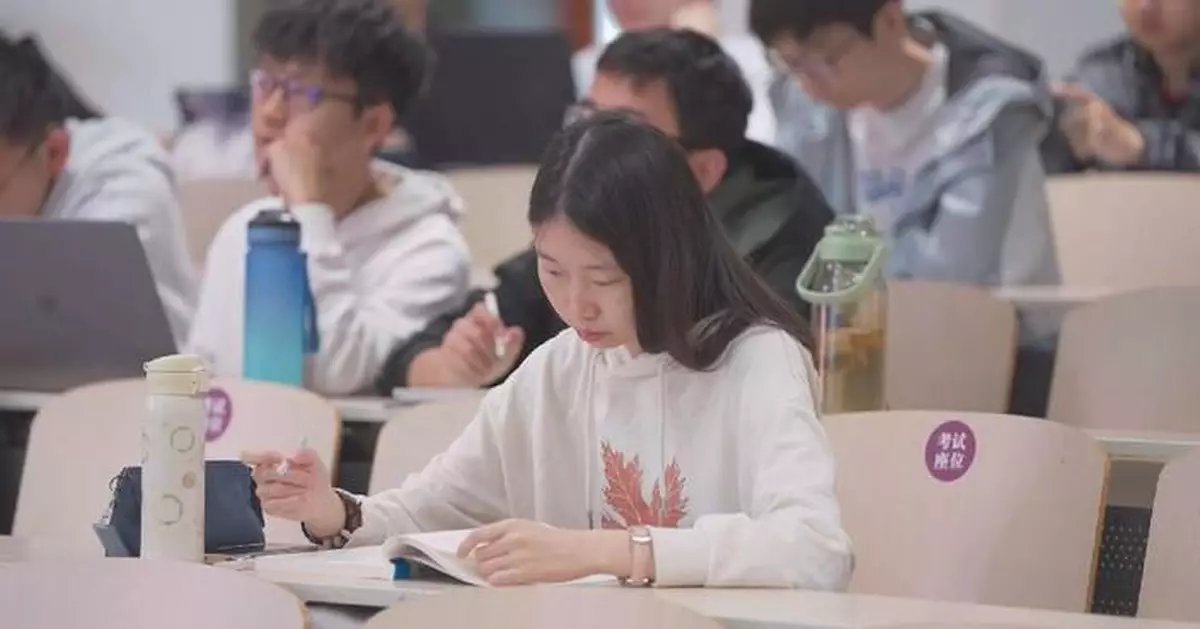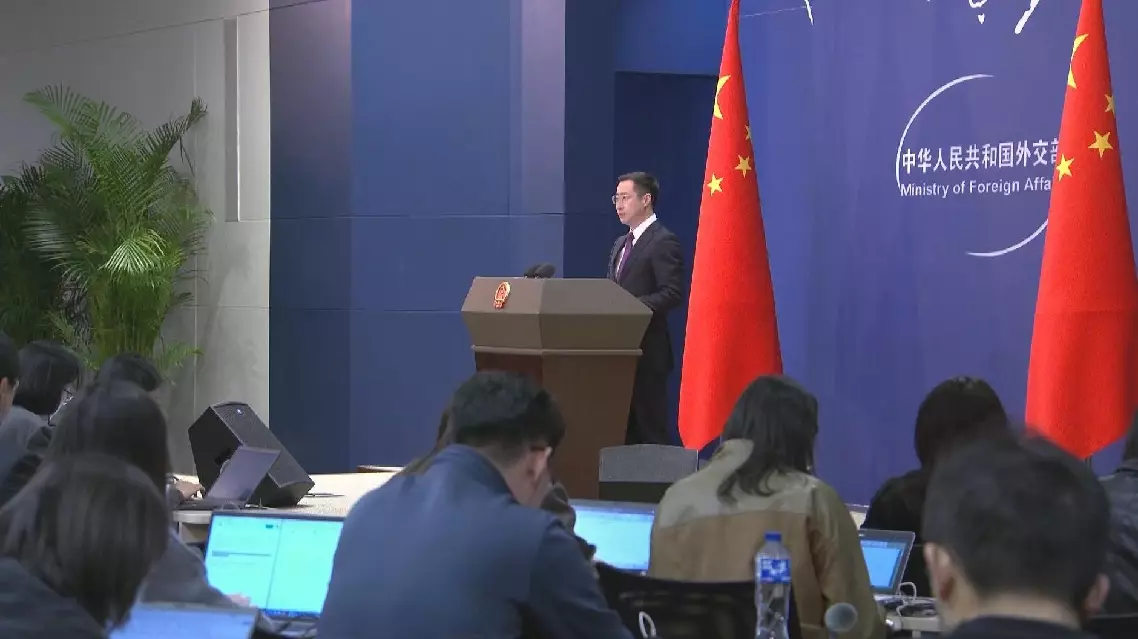Macao has provided a variety of expansive platforms for its youth since the return to the motherland, enabling many to embark on their journeys from classrooms to the broader world, where they discover new avenues for their dreams.
Among them is Yang Sin Hang, a student at Tsinghua University's School of Aerospace Engineering, who has found her passion for technology in a supportive academic environment.
Yang's interest in technology ignited during her middle school years. In 2019, while studying at Macao's Hou Kong Middle School, she had the unique opportunity to present her and her classmates' innovative projects during a visit by President Xi Jinping.
"I always knew that Tsinghua is one of the best schools in our country, so I've always wanted to come here. It can also be said to be a dream destination. It's also a chance for me to explore beyond Macao and understand the broader landscape of our country," Yang said.
Currently pursuing a degree in aerospace engineering, Yang aspires to make her mark in the commercial space sector.
"I watch live broadcasts of rocket launches and feel an instant surge of excitement. Seeing them successfully enter orbit brings me immense joy, and I hope to learn more in this field," she shared.
In recent years, an increasing number of young people from Macao have chosen to study in mainland universities. The "Macao Student Home" in Beijing has become a hub for many of these students. For those like Yang who are keen to stay on the mainland, it serves as a resource for exploring job prospects.
"Some companies offer positions specifically for students from Hong Kong, Macao, and Taiwan, even allowing them to take on mid-level and senior roles. I believe the future looks promising, and we are all quite hopeful," said Sun Jiawei, a student at the Renmin University of China.
"Beijing is a melting pot of people from across the nation and the world. Here, you can meet diverse individuals and gain insights into how the world operates, absorbing a wealth of different knowledge and perspectives," said Lin Qianyu, also a student at Renmin University.

Macao youths embrace opportunities in mainland for academic, career growth

















































